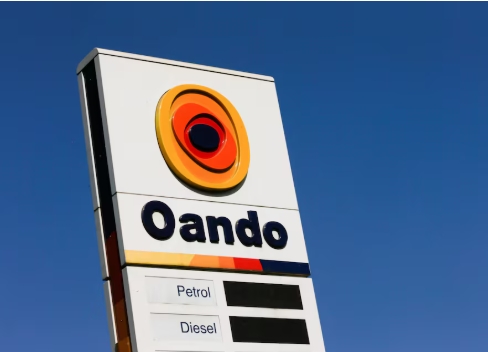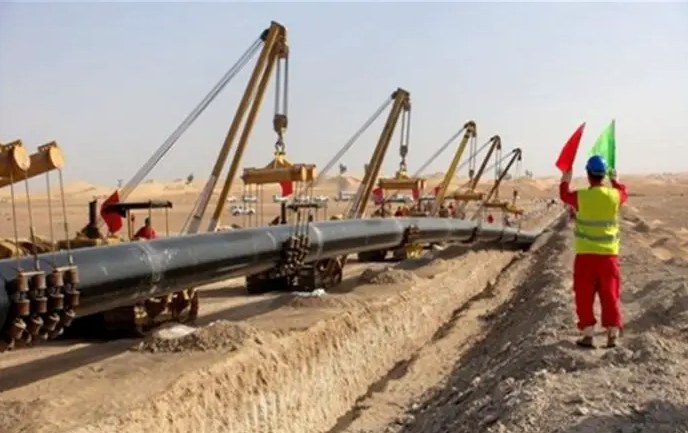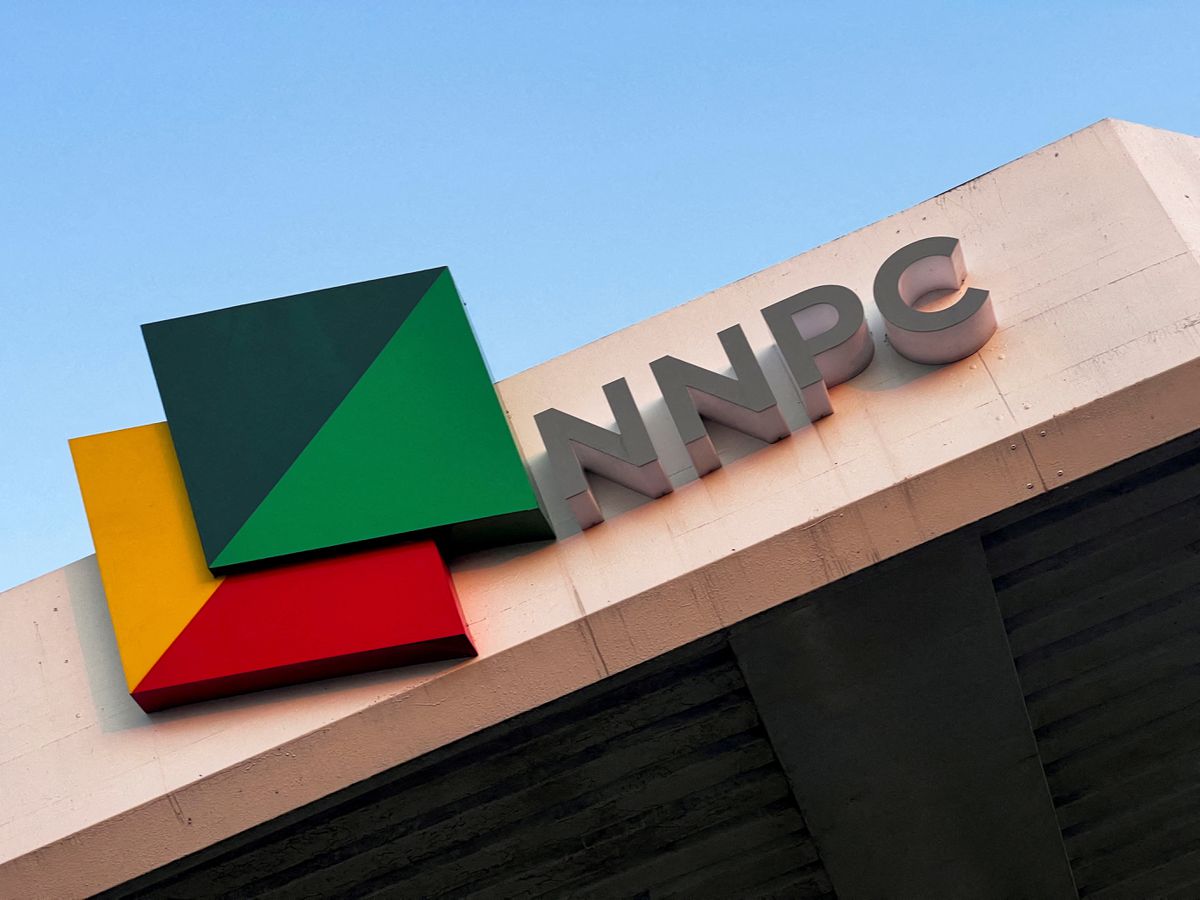Libya aims to increase its oil output to 1.45mn b/d by the end of the year, a level not achieved since 2012.
The target is conditional on the domestic security situation and a sufficient budget for state-owned oil firm NOC to carry out its operations. "September we produced 700,000 b/d, today we are producing more than 1.3mn b/d, and our target is to increase production by the end of this year to 1.45mn b/d … provided that we have two parameters here, the budget and a little security," NOC chairman Mustafa Sanalla said in an interview with Bloomberg TV.
The last time Libya's monthly crude output averaged 1.45mn b/d was back in November 2012, according to Argus estimates. Sanalla is eyeing further production growth in the longer term. "Our projection is two years from now, we can produce 1.6mn b/d, and within 3-4 years from now, produce 2.1mn b/d," he said, adding that output from new oil fields in the central Sirte and western Ghadames basins is due on stream in the coming months. NOC has also been rehabilitating fields that were damaged by Islamic State militants.
The company has set its sights on a 2.1mn b/d target before — it said in 2019 that it hoped to hit that level by 2024 — but its efforts have been repeatedly stymied by insufficient funding, blockades of oil infrastructure and political instability. Libyan output has rebounded rapidly since September last year when forces allied with Khalifa Haftar's Libyan National Army (LNA) ended their nine-month blockade of fields and ports. Argus estimates that Libya produced 1.18mn b/d of crude last month and exported 1.16mn b/d. Output averaged just 140,000 b/d in September.
The swift recovery has raised the prospect of Libya's exemption from the Opec+ output restraint deal being lifted, but Sanalla played down the likelihood of his country adopting a formal production quota in the near term. "I think it is too early still to discuss this issue," he said.
Libya's rising production comes against the backdrop of renewed UN-led efforts to unify the country's Tripoli-based Government of National Accord (GNA) and its rival administration in the east. In early February, the UN-supported intra-Libyan Political Dialogue Forum (LPDF) designated Abdelhamid Dbeibeh as temporary prime minister until national elections are held in December this year. The legitimacy of Dbeibeh's mandate has already been marred by allegations that bribery helped secure him the post, which the UN Panel of Experts (PoE) is investigating. Libya's eastern legislative body, the House of Representatives, is due to carry out a vote of confidence in Dbeibeh's cabinet line-up this week.
This article is reproduced at www.argusmedia.com




